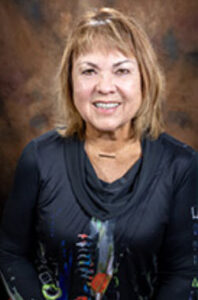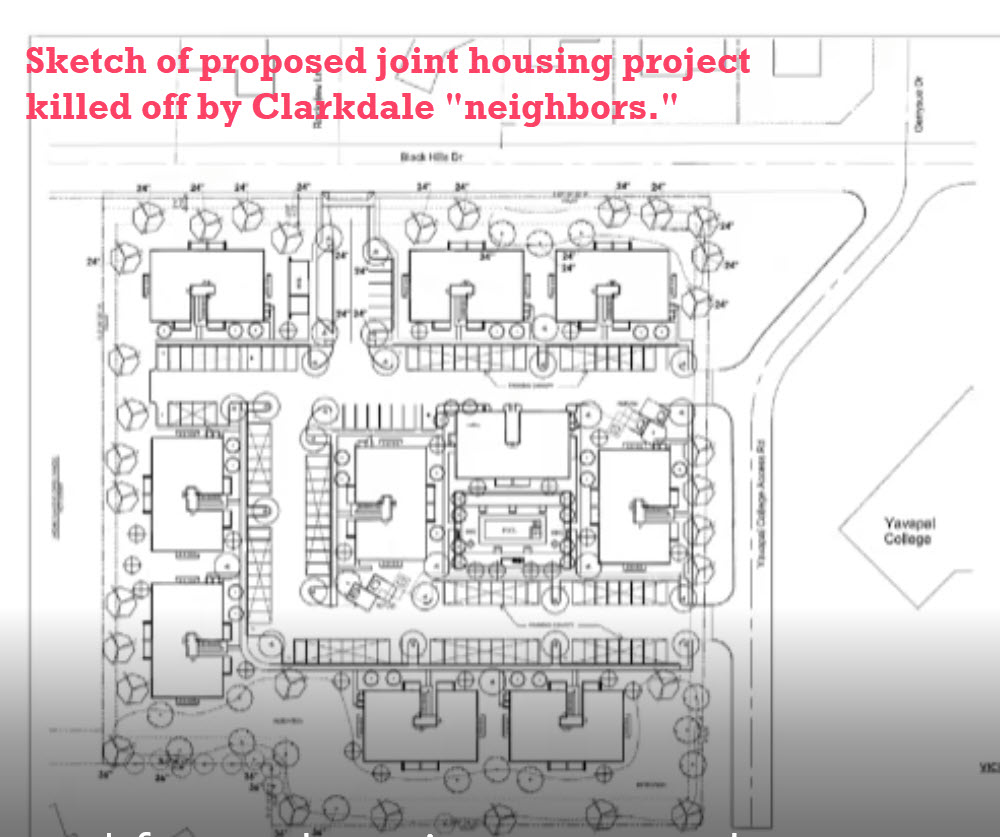College says just keep calling it the “Verde Campus” although it is no longer considered a campus or branch campus for accreditation purposes. Is this a psychological blow to the respect and admiration of the Verde Campus?
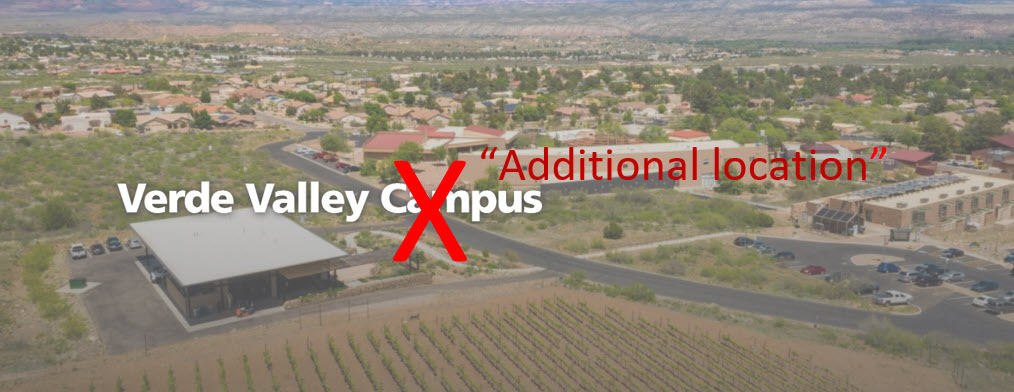 Recall that the Blog informed its readers in a story September 1 on the fact that after 50 years, the Verde Campus will no longer be considered a branch campus of Yavapai Community College. It is an “additional location.” The change in designation was brought about by a new definition of a “campus” or “branch campus” by the Federal Department of Education.
Recall that the Blog informed its readers in a story September 1 on the fact that after 50 years, the Verde Campus will no longer be considered a branch campus of Yavapai Community College. It is an “additional location.” The change in designation was brought about by a new definition of a “campus” or “branch campus” by the Federal Department of Education.
Raquel Henderson, a reporter for the Verde Independent, did a story about the designation change, which appeared in the Verde Independent October 18 issue of that newspaper.
In an interview for her story in the Independent, she asked the College’s Outreach Director Tyler Rumsey about the designation. She asked: If the Verde Campus doesn’t fit the definition of a “campus” or a “branch campus,” what is it? He responded saying, “we don’t know yet.”
According to Rumsey, so far as college officials are concerned, everyone can keep calling it the “Verde Valley campus.”
Dr. Rhine told Ms. Hendrickson that “the change in designation has absolutely no effect on the academic offerings, student or public services, cultural enrichment activities, or the college’s commitment to investing in the Verde Valley Campus to provide accessible, affordable education to our students,” Rhine said. “In fact, despite the designation change for accreditation, the College plans to continue to refer to the Verde Valley location as the ‘Verde Valley Campus.”
As pointed out by the Blog September 1, Dr. Rhine has not suggested what changes could be made on the Verde Campus that would return it to a more prestigious” campus” or “branch campus” designation.
Critics argue that the change adds a psychological arrow to the quiver of the Prescott based administration in its effort to maintain the tightest possible control of the Verde Valley Campus. Lowering its prestige, goes this argument, may lower the value of the college in the eyes of local and regional potential student applicants who will choose other institutions to attend.
Critics also argue that removal of the Verde Campus designation sends a clear message to everyone in Yavapai County that the Prescott location is the only true campus in the County and, therefore, its most prestigious learning center.
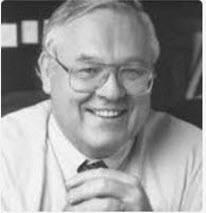
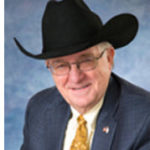
 In an October 6, 2022, press release, Yavapai College announced it has named Dr. Marylou Mercado as the new Dean of the schools of Health and Wellness and Science and Engineering, effective October 10, 2022. As Dean, Dr. Mercado will oversee health sciences, math, science, physical education, and the Adult Basic Education program
In an October 6, 2022, press release, Yavapai College announced it has named Dr. Marylou Mercado as the new Dean of the schools of Health and Wellness and Science and Engineering, effective October 10, 2022. As Dean, Dr. Mercado will oversee health sciences, math, science, physical education, and the Adult Basic Education program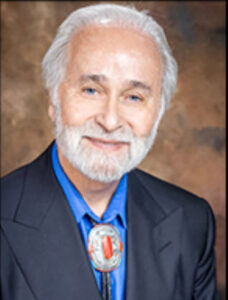
 avapai Community College was awarded the Government Finance Officers Association (GFOA) Distinguished Budget Presentation Award for its budget. This was the second year in a row that the College has received this award.
avapai Community College was awarded the Government Finance Officers Association (GFOA) Distinguished Budget Presentation Award for its budget. This was the second year in a row that the College has received this award.